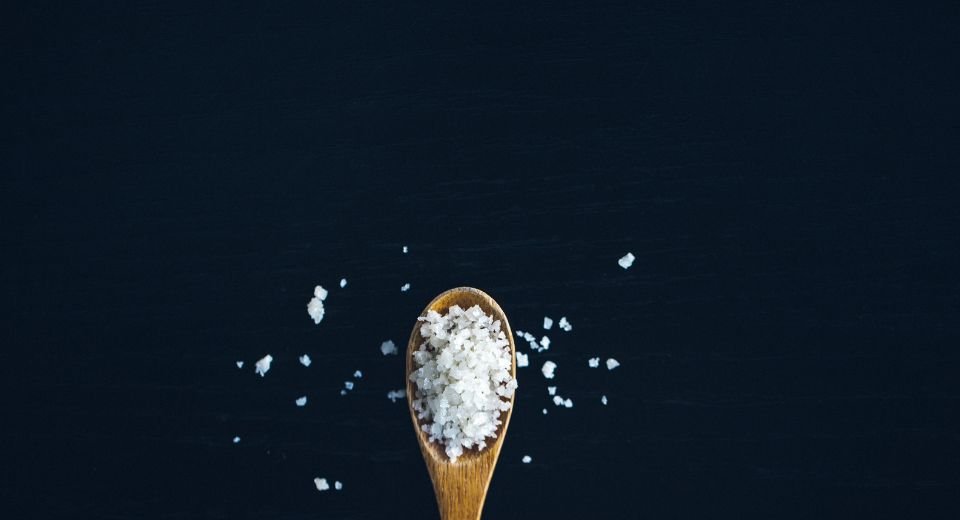HQ Team
March 25, 2023: The US FDA plans to permit the use of salt substitutes in daily food, such as bread, cheeses and ketchup, to reduce the harmful effects of sodium intake that leads to heart attacks and strokes.
The US Food and Drug Administration proposed changes to the standards of identity (SOIs) for foods that include salt to permit the use of safe and suitable salt substitutes, according to a statement.
The proposed rule does not list permitted salt substitutes but defines them as safe and suitable ingredients, or a combination of ingredients, used to replace some or all of the salt in a standardised food.
The extent to which salt can be replaced depends on salt substitutes’ ability to replace salt’s functions in food without compromising food safety or other essential characteristics.
SOIs state what ingredients a particular food must contain and what are optional.
250 SOIs
They may describe the amount or proportion of ingredients or components. Some SOIs also prescribe a method of production or formulation. There are more than 250 SOIs.
Most SOIs do not currently permit the use of salt substitutes. The planned rule would affect multiple SOIs and apply across various foods and categories of foods.
It would amend the 80 SOIs that specify salt as required or optional. As these 80 SOIs are referenced to other SOIs, 140 of the 250 SOIs currently established for various foods would be affected.
“Today’s action is another step forward in our efforts to improve nutrition and reduce chronic disease by providing manufacturers another tool to lower the use of sodium in food production,” said FDA Commissioner Robert M. Califf.
“This approach may help reduce Americans’ sodium intake and lower their risk of hypertension, a leading cause of heart disease and stroke,” he said.
Hypertension
“Reducing sodium in the food supply may also advance health equity—unfortunately, hypertension and other diet-related diseases disproportionally impact underserved communities.”
The proposed rule complements the goals of the FDA’s voluntary sodium reduction targets for processed, packaged and prepared foods.
“Most people in the US consume too much sodium,” said Susan Mayne, PhD, director of the FDA’s Center for Food Safety and Applied Nutrition.
“The majority of sodium consumed comes from processed, packaged and prepared foods, not from salt people add to their food when cooking or eating,” she said.
“This effort, combined with the FDA’s voluntary sodium reduction targets, is part of the agency’s overall nutrition strategy,” she said to create a healthier food supply.
50% more sodium
The planned rules are a part of the government’s National Strategy on Hunger, Nutrition, and Health which provides a roadmap to end hunger and reduce diet-related diseases by 2030.
In October 2021, the FDA issued guidance for the industry that finalised short-term voluntary sodium reduction targets in over 160 packaged and restaurant-prepared food categories.
The final guidance seeks to decrease average sodium intake from about 3,400 milligrams (mg) to 3,000 mg daily, or a 12% reduction, over the next 2.5 years.
In the US, people consume 50% more sodium than recommended. This includes our youngest and most vulnerable populations, with over 95% of children aged 2 to 13 exceeding recommended sodium limits for their age groups.
Although many consumers may want to reduce their sodium intake, about 70% of Americans’ sodium comes from packaged, processed, and restaurant foods, making it challenging to limit sodium.
According to an FDA statement, changes across the overall food supply will make it easier to access lower-sodium options and reduce intake even in the absence of behaviour change.
Related Content:
Refined grains do not increase risk of heart disease; study
A dietary supplement helps reverse signs of heart disease
Researchers say not all dietary supplements good for heart health








